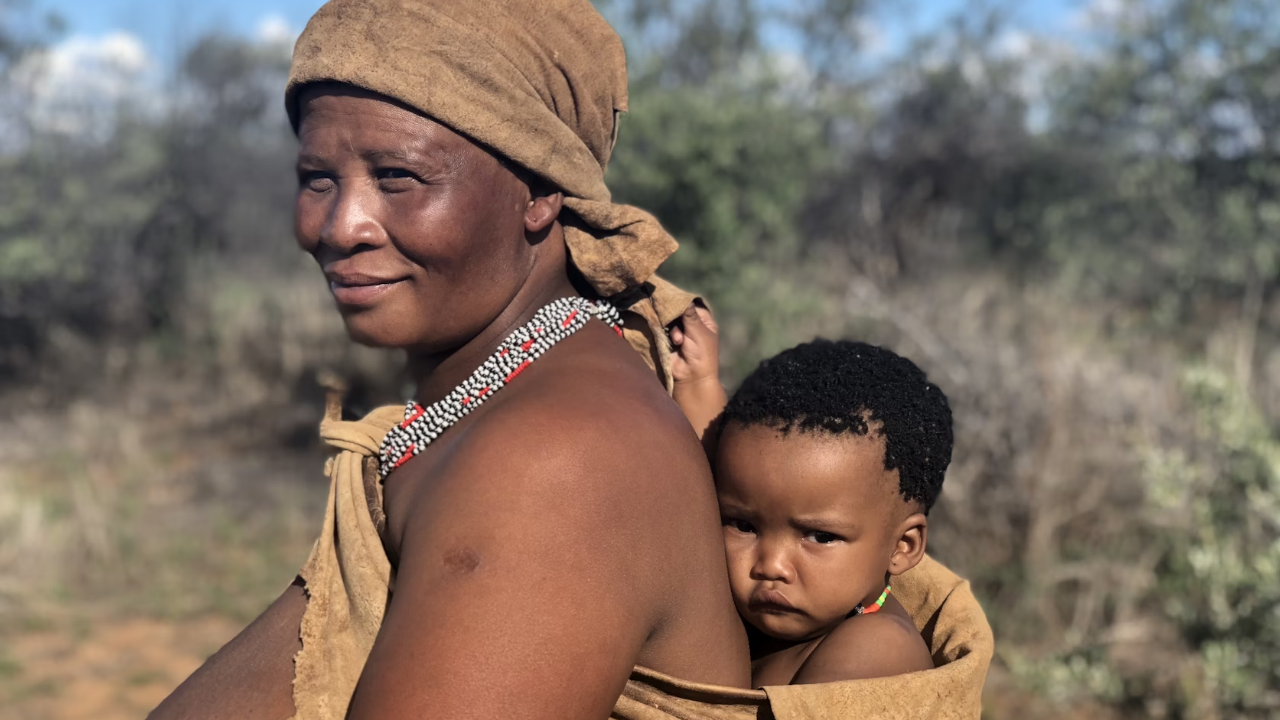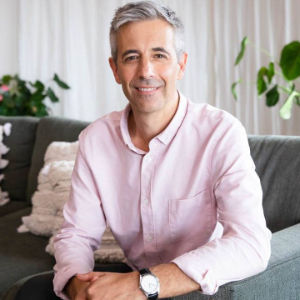What Traditional Cultures Understood About the Postpartum (and we forgot)
Oct 18, 2025
When I first began researching postnatal depletion, I realised very quickly that the answers I needed weren’t going to be found in medical textbooks.
Postnatal depletion isn’t only biological. It’s also deeply cultural — shaped by how societies support, or fail to support, mothers when they need it most.
So I started looking elsewhere: anthropology, sociology, and traditional postpartum care around the world. I wanted to understand what has changed in our collective approach to mothers — and what has been lost.
What I found, and what you may already understand at a deep level, was remarkable.
Across Asia, Africa, and the Americas, from the Himalayas to Indigenous cultures worldwide, the recovery of mothers after birth wasn’t something left to chance. It was protected — with ritual, respect, and practical support.
A huge amount of resources was allocated to mothers - in cultures that typically didn’t have a lot of resources.
· In China, zuo yue zi — “sitting out the moon” — offers a full month of rest and nourishment.
· In Korea, san-ho-jori prescribes 21 days of seaweed soup and recovery.
· In India, “mother roasting” restores warmth and balance after birth.
· In Nepal, mothers retreat into darkness and quiet for 11 days before emerging with ceremony.
· Across Indigenous Australian and Native American cultures, fire and smoke rituals cleanse and strengthen both mother and child.
Every one of these traditions shares something profound: They treat birth as a sacred event, and recovery as a communal responsibility.
Now I don’t see these cultures as some long lost Utopia — more that these cultures were being observant and pragmatic. If they didn’t invest in mothers then the fabric of society started to dramatically unravel.
Somewhere along the way, our Western systems traded this collective care for independence and endurance.
We “masculinised” motherhood.
We medicalised birth, privatised postpartum, and forgot that the mother’s recovery is the foundation of the family’s wellbeing.
When we look closely at traditional cultures, a pattern emerges:
They understood that the postpartum period wasn’t just about caring for a baby — it was principally about restoring a mother.
In every example I've studied, the same principles appear: time, warmth, nourishment, support, and protection.
When these were present, mothers recovered well.
When they weren’t, we saw the patterns I now call postnatal depletion.
I often say:
Postnatal depletion is a predictable outcome of biology meeting an unsupportive culture.
In traditional systems, mothers were held by a network of care.
In ours, they’re often left to navigate the most physiologically demanding period of their lives , often in isolation , while being told to “bounce back.”
We can’t always recreate the exact conditions of those cultures — and on many levels we wouldn’t want to — but we can learn from them.
What they teach us is timeless:
· Time to rest, repair, and connect.
· Warmth and nourishment that restore what has been given.
· Practical support with food, household care, and tending.
· Respect and protection for the mother’s physical and emotional thresholds.
When those needs are met, biology thrives. When they aren’t, depletion follows.
The good news? We can rebuild this care.
It begins with understanding that postpartum recovery isn’t indulgent — it’s essential.
And that community care — whether it’s a partner, family member, or practitioner — is one of the most potent forms of medicine for mothers that we have.
Stay connected with news and updates on Motherhood.
Join Dr Oscar Serrallach's mailing list:
Unsubscribe anytime.




